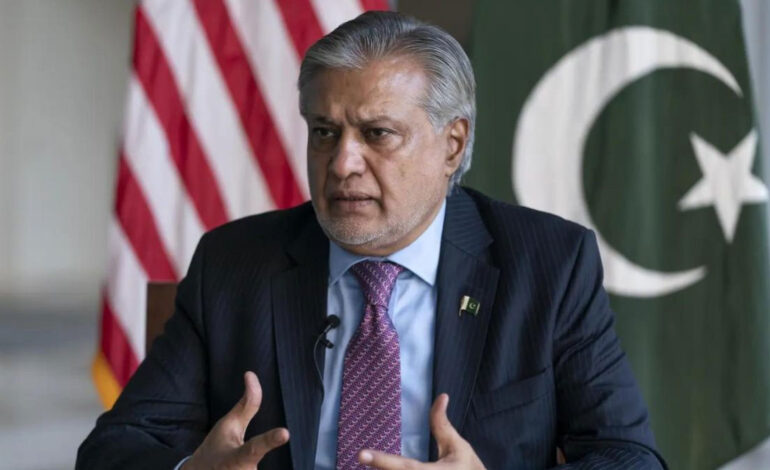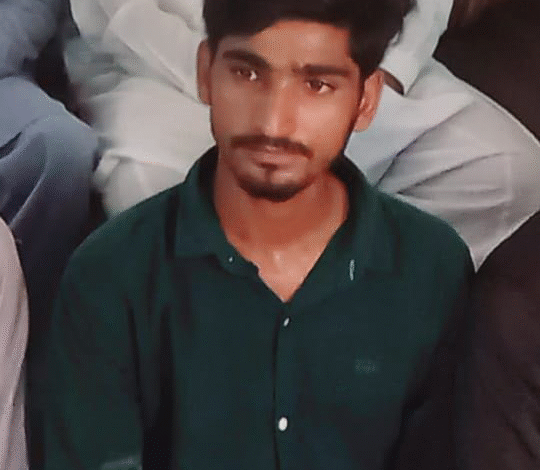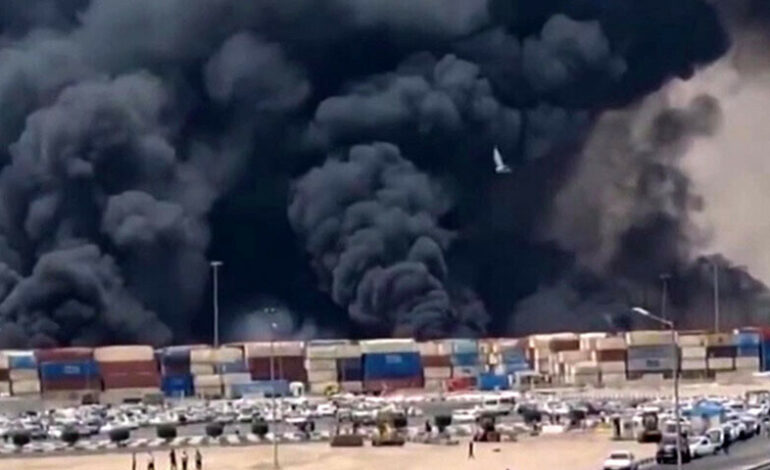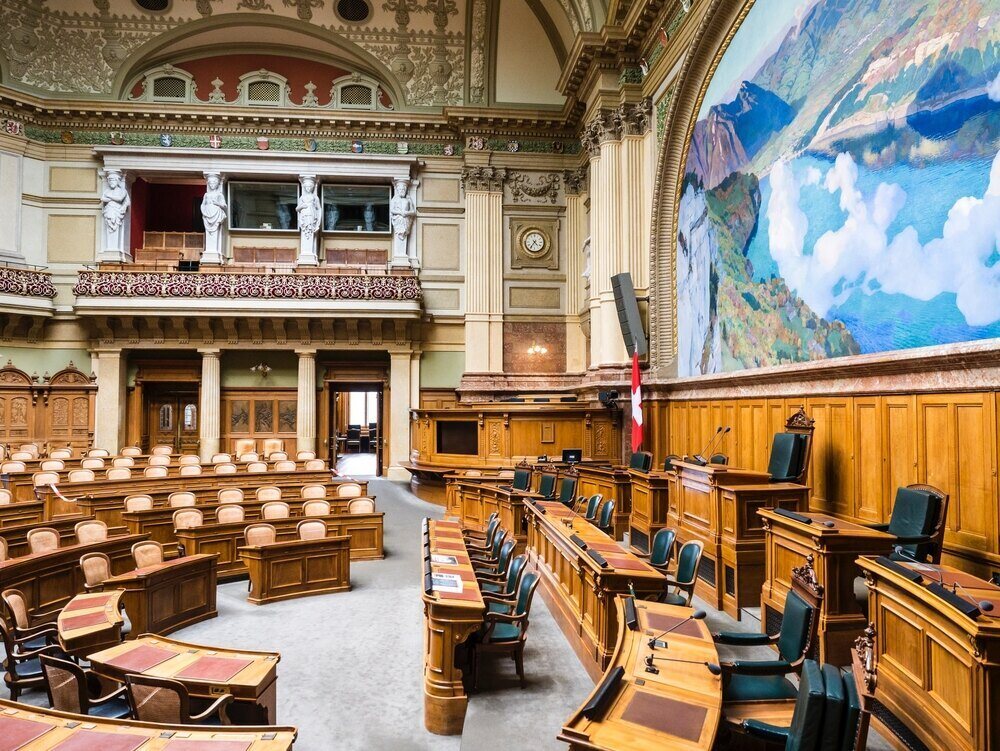The escalating crisis in South Asia demands urgent de-escalation, with both Pakistan and India urged to act responsibly following the tragic Pahalgam incident. Regrettably, India has intensified tensions by accusing Pakistan of involvement in the tourist killings without presenting verifiable proof. Such unfounded allegations, paired with inflammatory rhetoric in Indian media advocating “revenge,” risk plunging the region into deeper turmoil.
Rising Hostilities and Regional Risks
India’s recent actions—including suspending the Indus Waters Treaty and further limiting diplomatic ties—have dangerously heightened tensions. While Pakistan responded with measured countersteps, revoking visas of Indian visitors may have inadvertently fueled hostility. Reports of cross-LoC skirmishes underscore the fragility of the situation, where miscalculations amid low trust and hyper-nationalist narratives could spiral into conflict. The UN’s plea for “maximum restraint” highlights the global concern over this volatility.
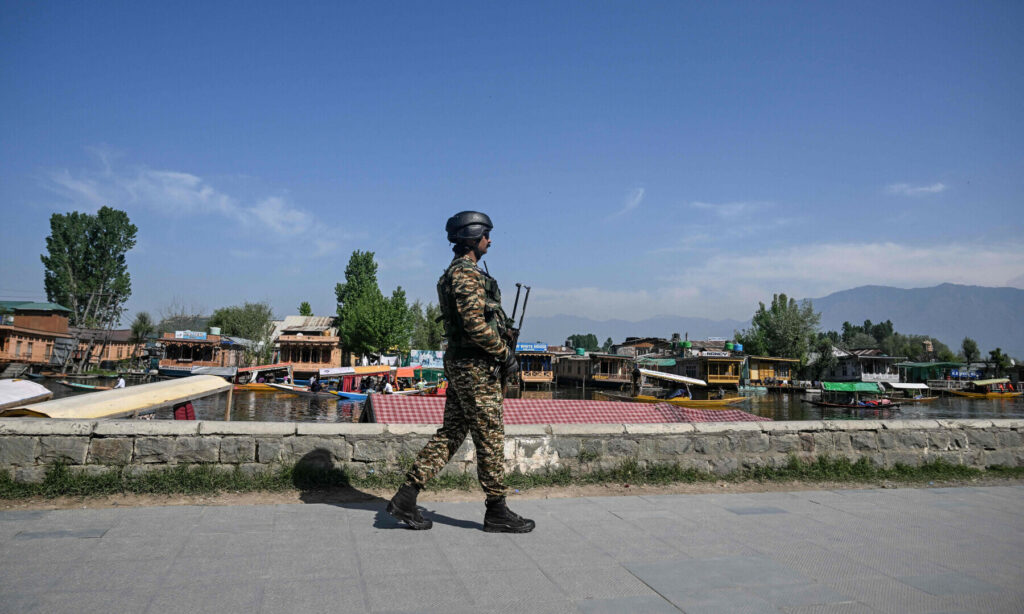
War Is Not an Option
With three wars and countless clashes since independence, another conflict would devastate both nations. Diplomacy must prevail. However, India’s reluctance to pursue peace, compounded by its heavy-handed policies in Kashmir, continues to stifle progress. Lasting stability remains unattainable without addressing Kashmir’s unresolved status—a reality India must acknowledge to break the cycle of violence.
Transparency and Accountability
Pakistan’s Foreign Minister Ishaq Dar has rightly challenged India to share evidence of Islamabad’s alleged role in Pahalgam publicly. Without credible proof, suspicions grow that New Delhi is scapegoating Pakistan to divert attention from its security lapses. Even within India, critics demand probes into intelligence failures. Should evidence emerge linking militants to the attack, Pakistan must commit to thorough investigations.
Media’s Role in Cooling Tensions
Indian media’s sensationalist coverage of Pakistan—often prioritizing nationalism over ethics—exacerbates public anger. Responsible journalism is critical to shaping rational discourse and preventing further polarization. Similarly, both governments must prioritize dialogue over confrontation. De-escalating rhetoric, re-engaging on shared challenges like water rights, and reviving Kashmir-focused talks are essential steps.
The Path Forward
South Asia stands at a crossroads. India’s leadership, in particular, must recognize that coercion and threats cannot substitute for equitable solutions. A just resolution to Kashmir, paired with mutual accountability, remains the cornerstone of peace. As global voices urge calm, both nations must choose dialogue over discord—for their people’s sake and regional stability.
Keywords: India-Pakistan tensions, Pahalgam incident, Indus Waters Treaty, Kashmir conflict resolution, regional diplomacy, cross-border de-escalation, media responsibility, UN intervention, South Asia stability.

